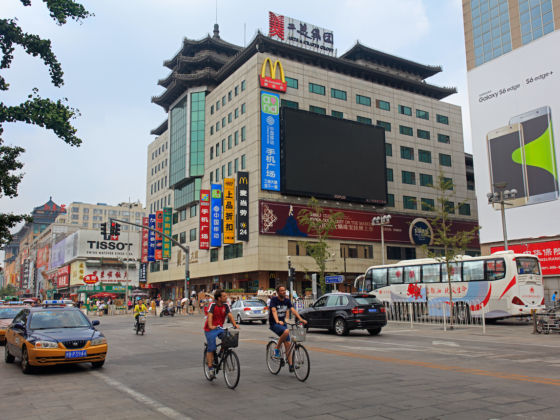The Beijing Olympic Games are (finally) over.
The analyses have begun concerning China’s ability to put on a beautiful show with little or no interference from all the protesters, activists, smog-emitters and terrorists who threatened to spoil the party.
